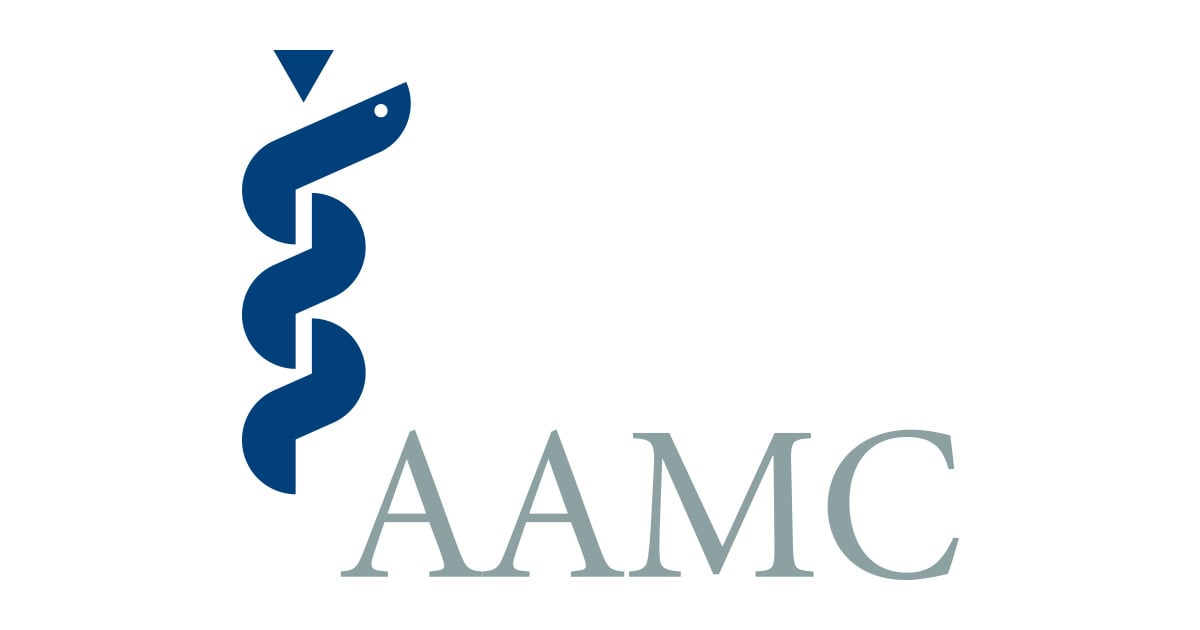Last Updated on June 24, 2022 by Laura Turner
It’s a fact of life: you need money to pay expenses that allow you to live comfortably. When you’re attending school, you may use your financial aid as your “income” and, therefore, you will want to manage that money wisely. The less money you borrow now, the less money you will need to repay—including interest—after graduation.
Budgeting is a form of money management. A balanced budget means that your income equals your expenses. Ideally, it is best to spend less than your monthly income.
Before you set up your budget, you will need to know exactly where your money goes. You can do this by tracking your expenses for one month using a budgeting worksheet, an Excel file, one of many budgeting apps, or even a simple notebook.
| Tracking Expenses | August | ||||||
| Rent | Cable and Internet | Transportation | Groceries | Other Food | Movies | Clothes | Phone |
| $ 900.00 | $ 60.00 | $75.00 | $100.00 | $ 24.58 | $ 4.50 | $ 10.00 | $ 40.00 |
| $50.00 | $ 6.50 | $ 20.00 | |||||
| $20.00 | $ 1.90 | ||||||
| $36.00 | $ 3.00 | ||||||
| $ 900.00 | $ 60.00 | $75.00 | $ 206.00 | $35.98 | $ 24.50 | $ 10.00 | $ 40.00 |
Once you know your monthly income allowance and your monthly expenses, then you can determine where you may need (or want) to cut back. You want your income to outlast your expenses, but if that’s not happening, then you will need to look at ways to minimize your spending. If your income is outlasting your expenses, that’s great news! You might want to decrease the amount of your student loan for the next semester, or you may want to start an emergency savings account.
Using the chart above as an example of tracked expenses, let’s say you borrowed student loans. After your tuition and fees were paid, you received a refund of $4,000. That $4,000 is expected to last you for one full semester (four months). Knowing that you will have $1,000 to spend each month on both fixed expenses (like rent) and variable expenses (like groceries) will help you with managing your money and deciding which expenses are truly needed.
In this example, you would see that you need to make some changes for $1,000 to cover your monthly expenses. It might be easier to cut down on the variable expenses by purchasing generic brands and using coupons. Perhaps you could rent movies rather than go to the movie theater. However, those changes may not free up enough funds to balance your budget. If that’s the case, you might need to find a roommate or two to help cut down on your living expenses. This would cut down on the rent, but it may also help to cut down on other expenses like utilities.
AAMC’s Financial Information, Resources, Services, and Tools (FIRST) program can help you learn more about budgeting. Check out some of these resources:
- Budgeting ideas and tips
- Budgeting to pay for medical school
- Budgeting basics: Managing your money during the lean years
- Paying for medical school: What premeds need to know
Budgeting your money while in school and living off your financial aid may be more difficult than when you are earning a regular salary, but budgeting is a lifelong skill you will need whether you have $1,000 per month or $10,000 per month to spend.


